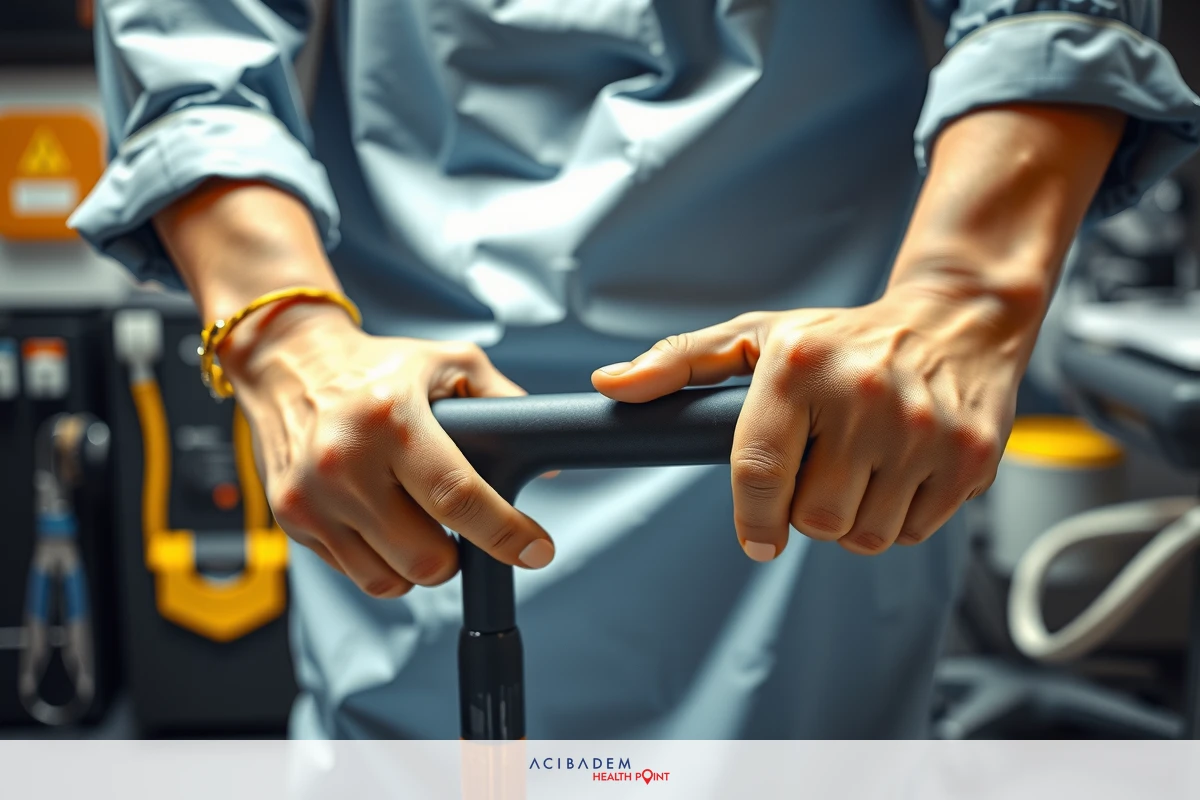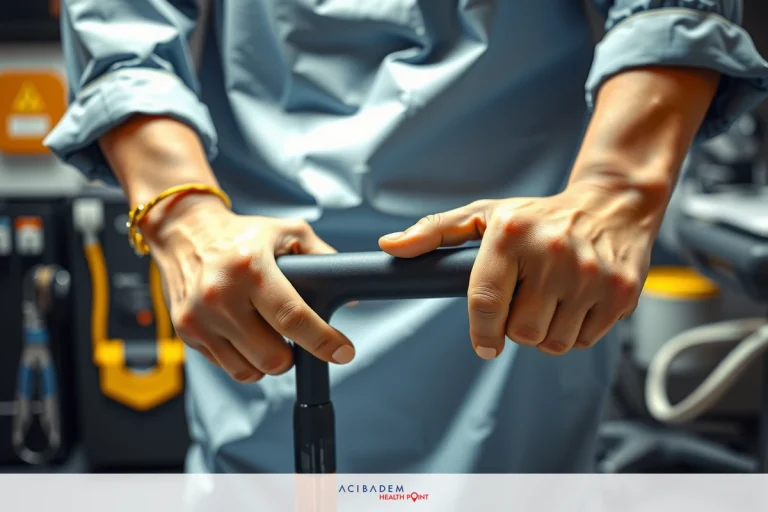Is Knee Replacement Permanent?
Is Knee Replacement Permanent? Knee replacement brings new hope to people with joint troubles. It is a common surgery and many find relief after having it. Over time the question of how long these replacements last comes up often. Knowing what to expect can help in planning for the future.
The success of knee replacement largely depends on care and lifestyle choices. Doctors use their skill to make sure you get back on your feet. After the operation it’s up to you and your healthcare team to keep things going well. The right steps can boost recovery and improve how long your new knee works.
It’s vital to look at facts when thinking about knee replacement durability. Medical studies give us numbers that show most implants last for many years. Still, each person’s journey is different, so outcomes can vary from case to case.
How Long Does a Knee Replacement Last?
Knee replacements are not always permanent but they’re made to last. Many people see their new joint last for several decades. The durability of a knee replacement hinges on many factors. These include the materials used and how active you are after surgery.
The average lifespan of these medical devices is getting longer thanks to advances in design. Innovations improve how well they stand up over time. Most will work well for 15 to 20 years with some lasting even longer. It’s important to note that success rates have been climbing.
Your habits play a big role in the life of your knee replacement. High-impact activities can wear it down faster while gentler routines may help it last longer. Regular check-ups let doctors spot any problems early on which keeps your knee working right.
Keep in mind that as time goes by, technology gets better too, so does healthcare know-how about joints like yours. This means if you need another operation one day the next one might be even more durable than the first!
Factors Affecting the Longevity of Knee Replacements
Several factors can influence how long a knee replacement lasts. The quality of the surgery itself is key. A skilled surgeon makes all the difference in setting up for success. How well you follow post-op care also impacts longevity. This includes physical therapy and avoiding too much stress on your joint.
The type of implant material affects durability as well. Today’s implants are often made from strong metals and plastics that resist wear and tear. But even with top-notch materials how you use your knee matters a lot too. Gentle daily activities help more than intense sports or heavy lifting.
Your body weight plays a part in this story as well. Less weight means less strain on your new knee so keeping fit helps extend its life span. Age can be another factor; younger patients may need a revision surgery down the line because they’re more active over time.
It’s crucial to have regular check-ups with your doctor to catch any issues early on—before they grow into bigger problems that could hurt your implant’s performance or safety! Remember taking these steps doesn’t just possibly add years to your knee replacement but improves your overall quality of life too.

Success Rate of Knee Replacement Surgery
The success rate for knee replacement surgery is quite high which is great news. Most people who have this surgery see big improvements in pain and how well they can move. Studies show that around 90% of knee replacements are still working well after 15 years. That means the chances are good that you’ll be happy with your new joint.
Success isn’t just about the implant lasting; it’s also about feeling better and getting back to normal life. After a full recovery many find they can do their favorite activities again without pain. Being able to walk, climb stairs, and even play sports comfortably makes a world of difference in quality of life.
Even though most surgeries go well some may need extra care or another operation later on. It helps to know that if problems come up down the line options are there for you. Your doctor will work with you every step of the way to make sure your needs are met and that your new knee gives you as much freedom as possible.
Recovery and Rehabilitation After Knee Replacement
Recovery after a knee replacement is as crucial as the surgery itself. The first few days post-surgery focus on managing pain and starting to move. Patients usually start walking with support soon after the operation. This early movement helps in reducing blood clots and swelling.
Rehabilitation plays a major role in ensuring you get the most out of your new knee. A set routine of physical therapy exercises strengthens muscles around your joint. These exercises also improve flexibility and help you gain better control over movements.
It’s important to stick with your rehab plan even when it feels tough. Consistency leads to steady improvements gradually increasing what you can do without discomfort or risk of injury. Remember that pushing too hard can set back recovery so always follow professional advice about how much activity is right for you.
Your diet and overall health affect how quickly you heal too. Eating well gives your body the nutrients needed for repair work after surgery. Staying away from smoking or other habits that could slow down healing makes a big difference at this time.
Regular check-ins with your healthcare team ensure everything stays on track during recovery and rehabilitation phases. They can adjust treatments based on how well you’re doing making sure each step gets you closer to full use of your knee again!
Consult Your Insurance Company for Coverage Details
Before getting a knee replacement talking to your insurance company is key. They can tell you what part of the surgery and rehab they will pay for. It’s important because these details affect how much money you need to have ready. Each plan has its own rules about coverage that can change from year to year.
Your insurance may cover all or just some parts of the process. This might include the surgeon’s fee, hospital stay, and physical therapy sessions after surgery. To avoid surprise bills later on get a clear idea of what’s covered now. Ask if you’ll need any approvals before certain steps in your treatment.
Sometimes extra equipment like crutches or special braces are not fully covered by insurance plans. Find out if you will need things like this and how much they cost with your coverage as well. Planning ahead helps keep stress low during your recovery time.
If there are new methods or materials used in knee replacements that seem better for you check if they’re included in your plan too! Some newer options might not be part of standard coverage yet but could still be worth considering.Is Knee Replacement Permanent?
Lastly remember that policy details often change when it comes to medical care and surgeries like knee replacements; so check with them regularly as you prepare for your operation! Regular talks with your insurer help make sure there are no gaps in understanding between what you think is covered and what actually is when the bills come due.
Frequently Asked Questions
How soon can I walk after a knee replacement?
Most people start walking with help within a day after surgery. Your team will guide you based on your case.
Will I need physical therapy after my knee replacement?
Yes, to get the best results and speed up recovery, physical therapy is a must.
Can a knee replacement wear out?
Like any device it can wear over time but many last for 15-20 years or more.
Please note that the answers provided here are for informational purposes only and do not constitute medical advice.








